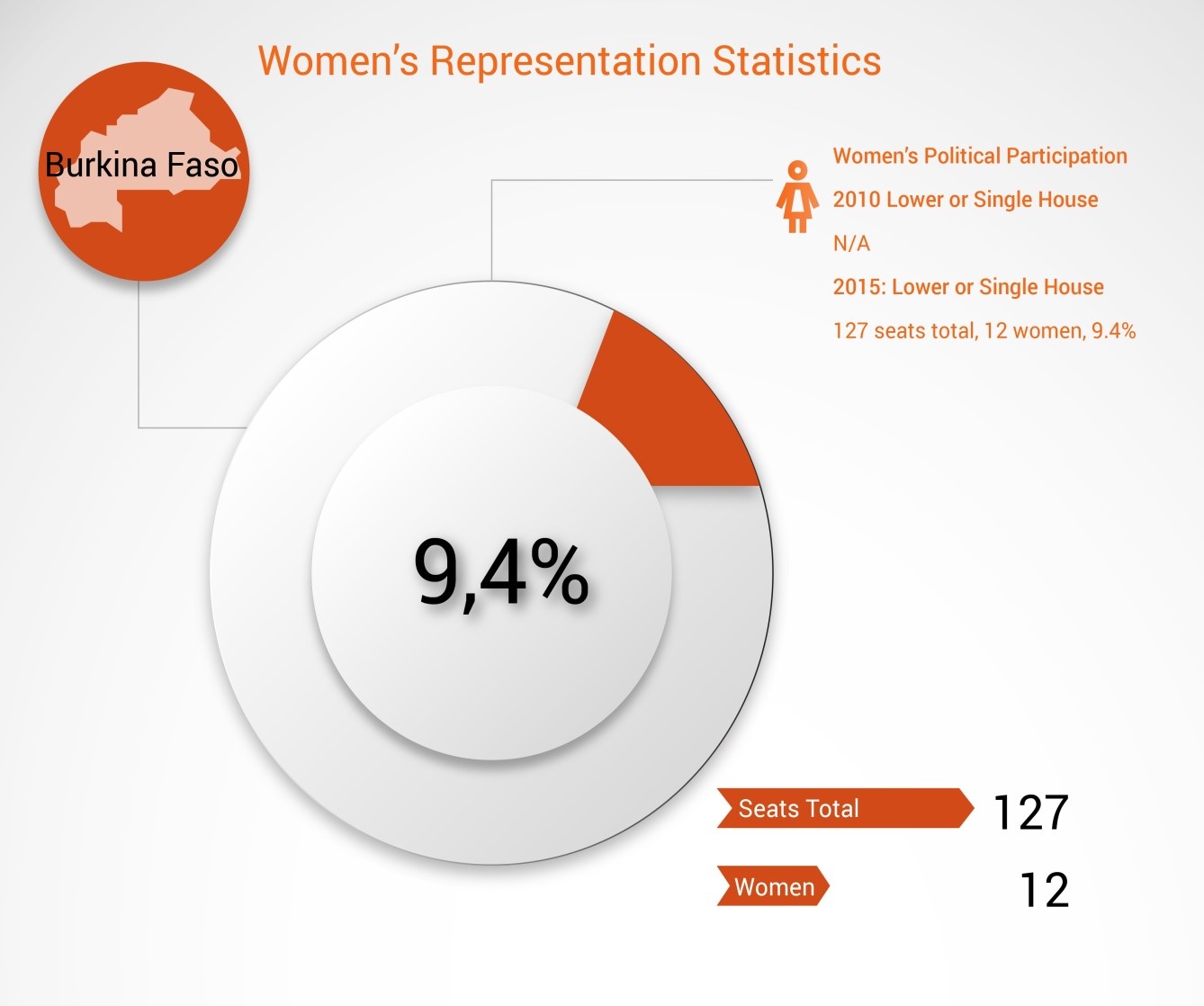2015 Elections Monitoring
General elections were held in Burkina Faso on 29 November 2015.
These were the first national elections in the country since the 2014 Burkinabé uprising. The Burkinabé uprising was a series of demonstrations and riots in October 2014 and they began in response to attempts at changing the Constitution in order to allow President Blaise Compaoré to run again and extend his 27 years in office. After many protests, Compaoré finally resigned, Traoré was nominated as the interim head of state and a framework was agreed upon for a transitional executive and legislative administration.
The party of former President Compaoré and his allies were banned from running during the 2015 presidential elections but were able to participate in the parliamentary election. The President was elected using the two-round majority runoff election. The president is elected for a five-year term and the National Assembly has 127 members, elected for a five-year term by proportional representation. Kaboré won the presidential election with 53% of the vote and the National Assembly elected as President Salif Diallo who received 78 votes from the 127 deputies. Kaboré’s election signifies the first time Burkina Faso has seen power pass from one civilian-led government to another as well as the country’s first election free from interference by the incumbent government.
Women’s political participation
Despite numerous statements made by the government of Burkina Faso regarding the need to enhance the involvement of women in the public sphere, women’s political participation remains limited. After the 2015 elections, the percentage of women represented in the National Assembly is only 9.4%. Furthermore, from 1946 to 2002, a total of 750 men and 23 women (3%) served as members of the legislature. These statistics highlight the fact that women are a silent majority in Burkina Faso as more than half of the population continues to be excluded from decision-making. The main reasons that have led to the current situation are the patriarchal nature of Burkina Faso’s society, women’s low level of education and their weak financial position.
Discriminatory practices towards women remain high as significant gaps remain between laws and reality. Often, both the Family Code and the Penal Code are disregarded by society and authorities in favour of customary law. For instance, despite the adoption of a law prohibiting female genital mutilation (FGM) in 1996 and the formation of a National Committee to fight FGM in 1988, the practice remains widespread in certain regions. In addition, due to discriminatory customs and traditions women are submissive to their husband’s authority which is often a source of violence against women. Despite recommendations by the CEDAW Committee, the government has failed to adopt legislation sanctioning domestic violence.
Concluding remarks
Women’s political participation in Burkina Faso is one of the issues that need to be addressed by both the government and society in order to achieve democratisation. The challenges women face in increasing their representation in the political sphere include: gaining political knowledge and experience, changing the role and enhancing the position of women within the leadership bodies of the political parties and mobilising and gaining access to financial resources to fund their electoral activities.

